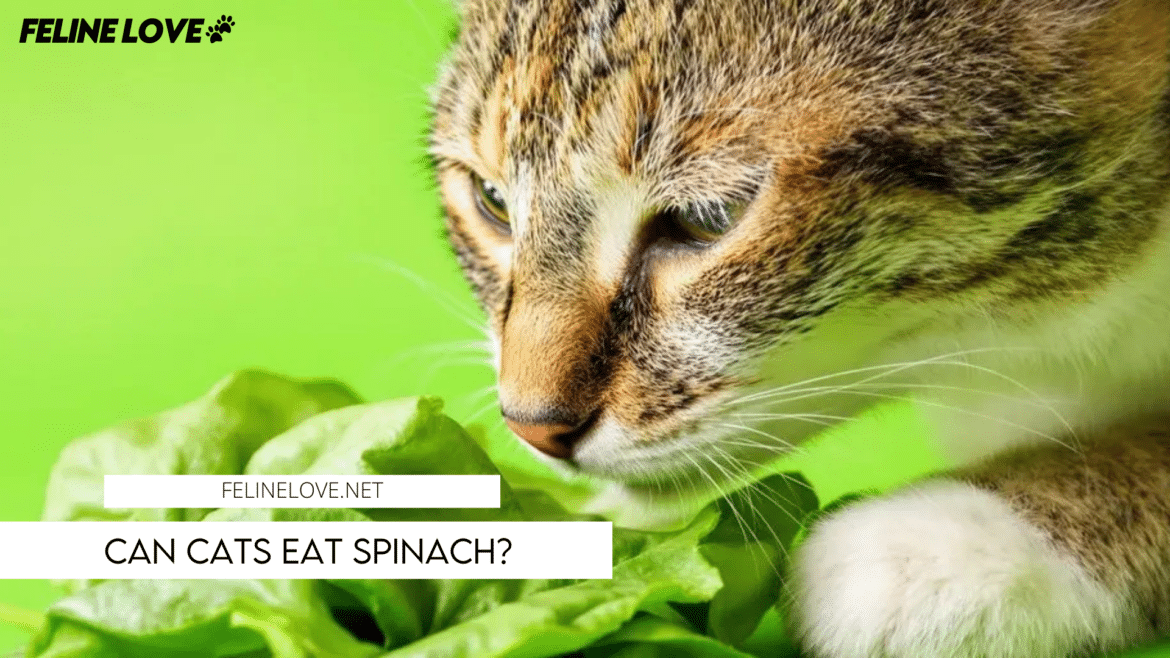Table of Contents
Have you ever wondered if your furry friend can share a bite of your leafy greens? Spinach is a nutritional powerhouse for humans, but does it hold the same value for cats—or could it cause harm instead? Cats are known for their curious eating habits, and as a pet parent, ensuring their safety is paramount.
This article dives into whether spinach is a safe addition to your cat’s diet, highlighting both the health benefits and potential risks. From its nutrient-packed profile to specific concerns like oxalates and digestion, we’ll explore everything you need to know. Stick around to uncover the facts and make informed choices for your feline companion’s well-being!
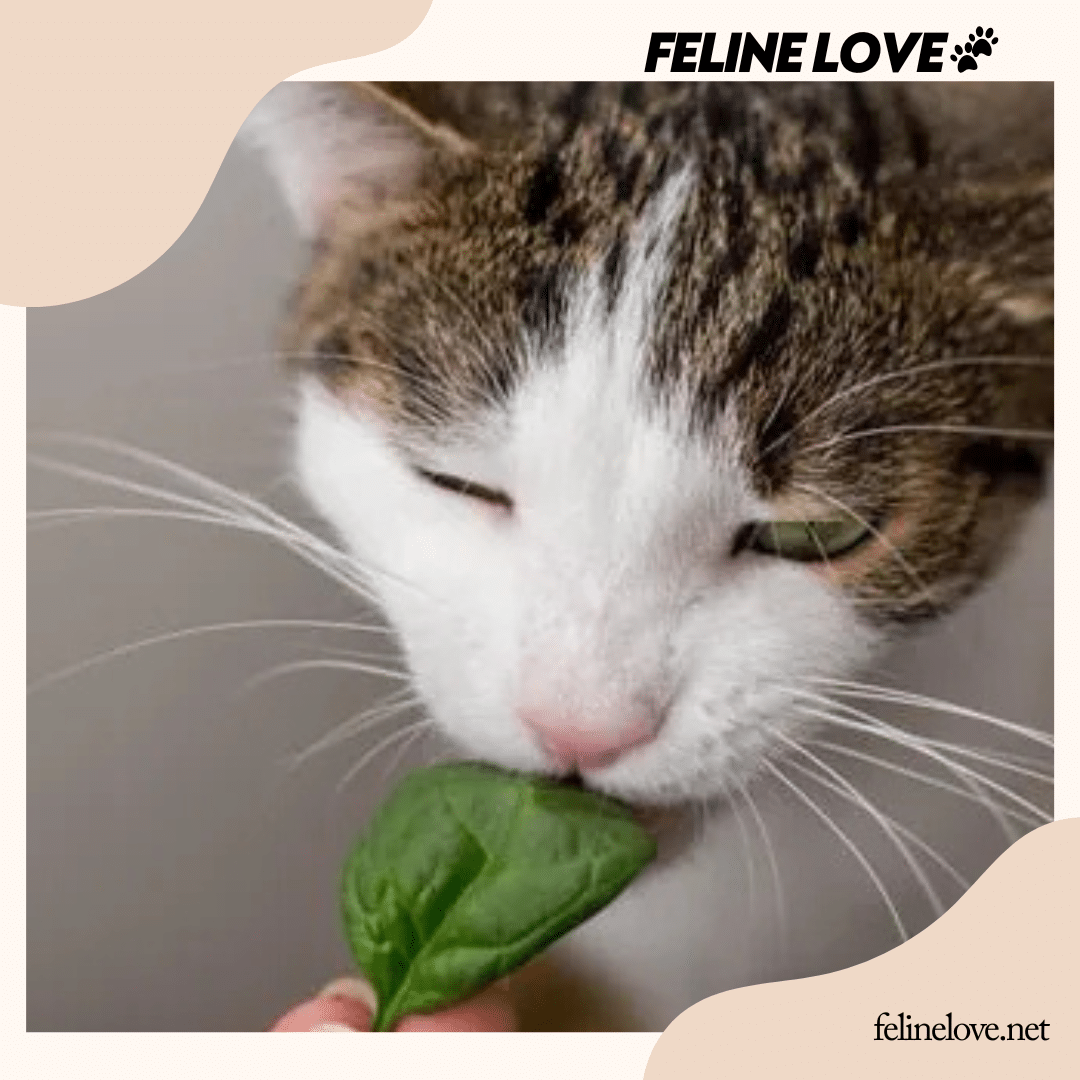
Health Benefits of Spinach for Cats
Before we explore whether spinach is suitable for your furry friend, let’s look at the potential benefits it offers. Packed with essential nutrients, spinach can occasionally complement your cat’s diet.
- Vitamin A: Supports healthy vision and immune function.
- Vitamin K: Helps with blood clotting and bone health.
- Iron and Folate: Contribute to better oxygen circulation in the blood.
- Fiber: Promotes digestive health in small amounts.
When incorporated thoughtfully, spinach can complement a high-quality commercial cat food diet by adding a nutritional boost.
Is Spinach Safe for Cats? Key Factors To Consider
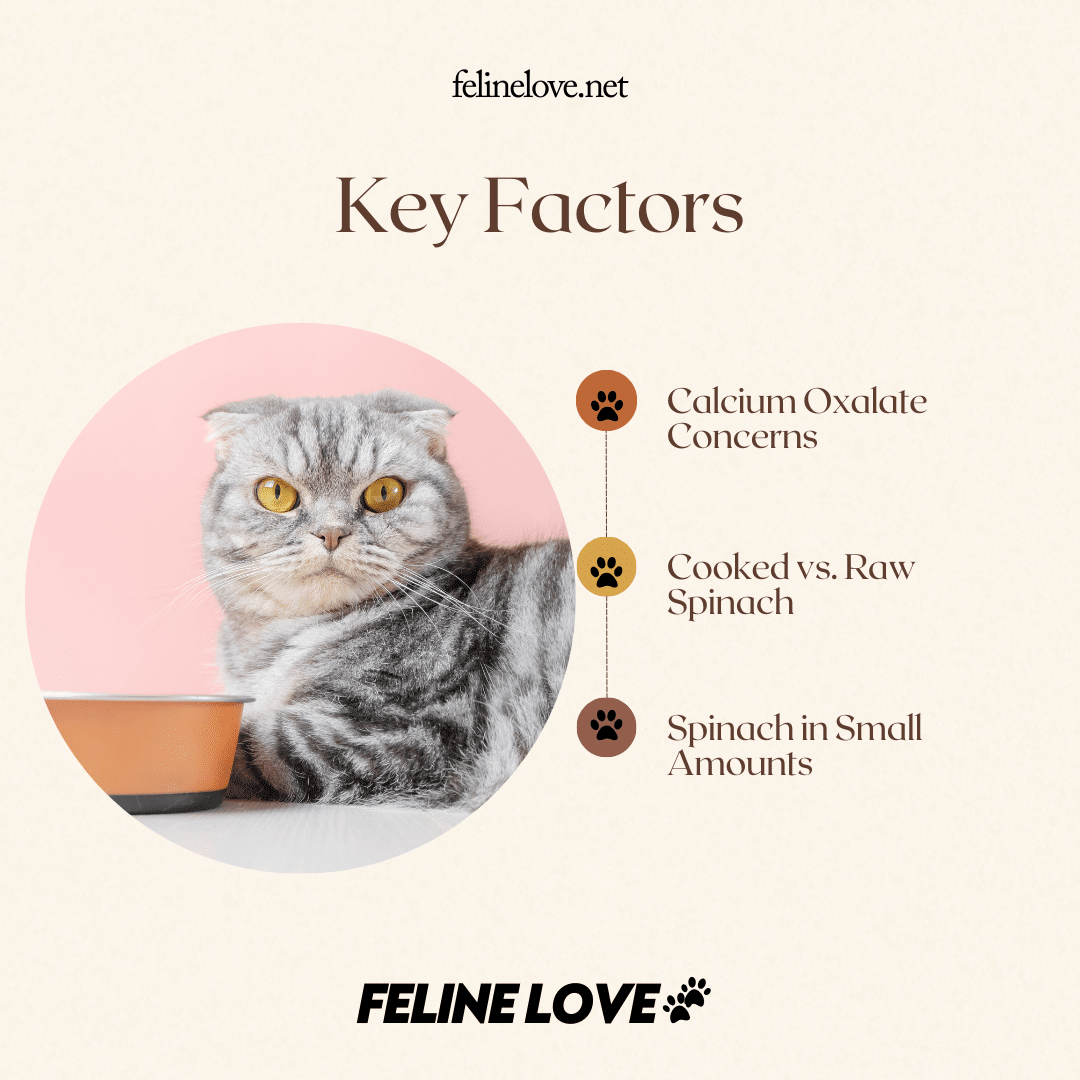
While spinach has several health benefits, it’s essential to understand the circumstances under which it is safe for cats. Let’s dive deeper into the factors that determine whether spinach is a good choice for your pet.
Calcium Oxalate Concerns
- Spinach contains calcium oxalate, a compound that can contribute to the formation of bladder stones or exacerbate urinary problems. Cats prone to urinary tract issues, such as those with feline lower urinary tract disease (FLUTD), should avoid spinach entirely.
Cooked vs. Raw Spinach
- Raw spinach can be harder for cats to digest and may contain pesticide residues, so always wash thoroughly.
- Cooked spinach is easier to digest and is recommended if you plan to feed spinach to cats. Avoid adding oils, salt, or seasonings, as these are toxic to cats.
Spinach in Small Amounts
- While spinach is safe for cats, it should never replace a high-quality cat diet. Always stick to small amounts of spinach as an occasional treat.
Risks of Feeding Spinach to Cats
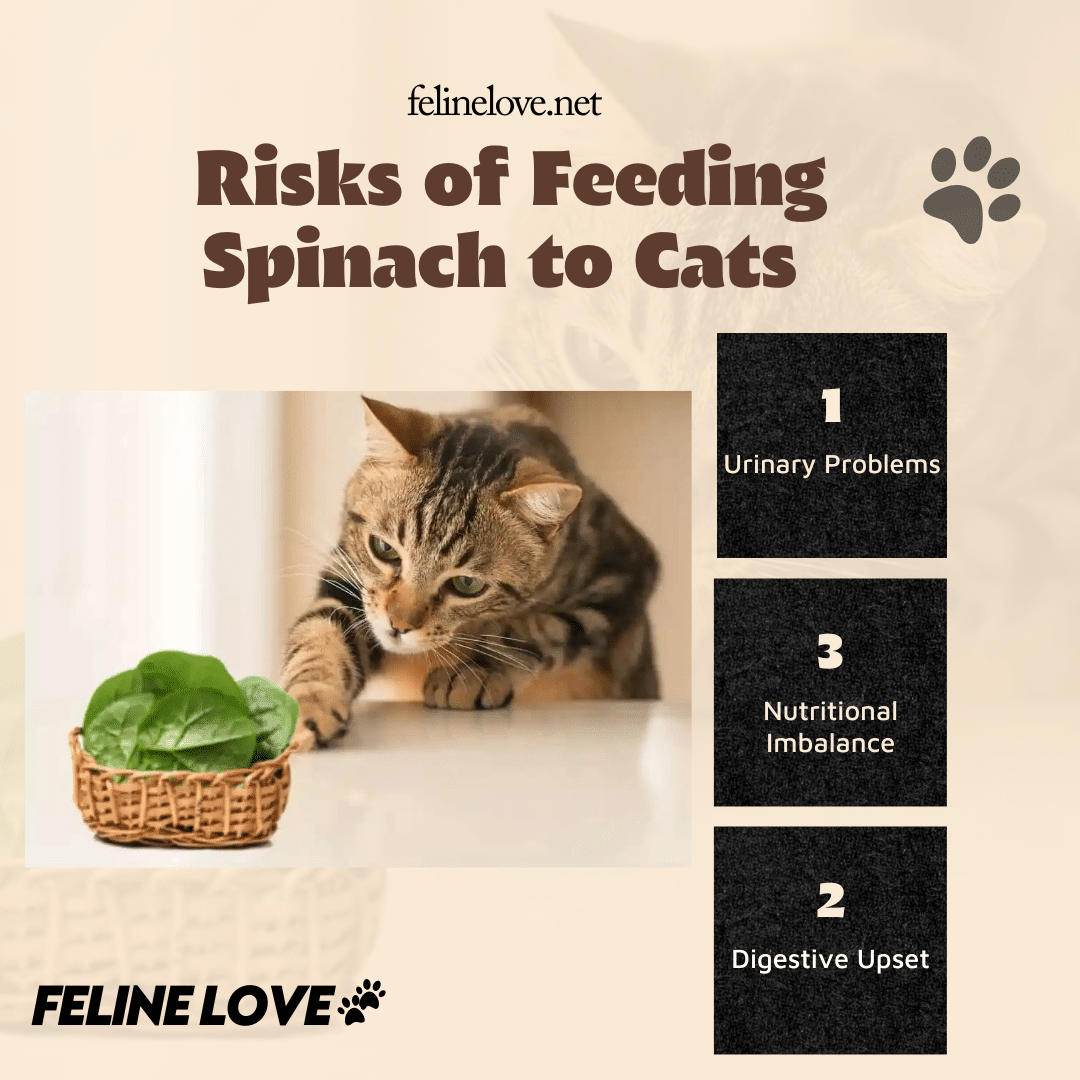
Although spinach can be nutritious, it’s not without its risks. Here are some potential concerns to keep in mind before introducing spinach to your cat’s diet.
- Urinary Problems: Cats with a history of kidney or urinary tract issues may find spinach harmful due to its calcium oxalate content.
- Digestive Upset: Overconsumption of spinach can lead to vomiting or diarrhea, even in healthy cats.
- Nutritional Imbalance: Relying on spinach instead of a complete and balanced diet can lead to deficiencies.
Guidelines for Feeding Safely
To ensure your cat stays healthy and happy, it’s crucial to follow proper guidelines when introducing spinach into their diet. Here’s how to feed spinach safely and responsibly.
- Start Small
Introduce a small amount of spinach to your cat’s diet and observe their reaction. If they show signs of discomfort or aversion, discontinue immediately.
- Choose Fresh and Cooked
Opt for cooked spinach, as it’s easier on a cat’s digestive system. Avoid seasoning it, as many additives are harmful to cats.
- Avoid Mixing with Harmful Foods
Avoid pairing spinach with garlic, onions, or other vegetables that are toxic to cats.
- Consult Your Veterinarian
Before feeding your cat spinach or any other human food, consult your vet, especially if your cat has urinary problems or a sensitive stomach.
Is Spinach Good for Cats? A Balanced Perspective
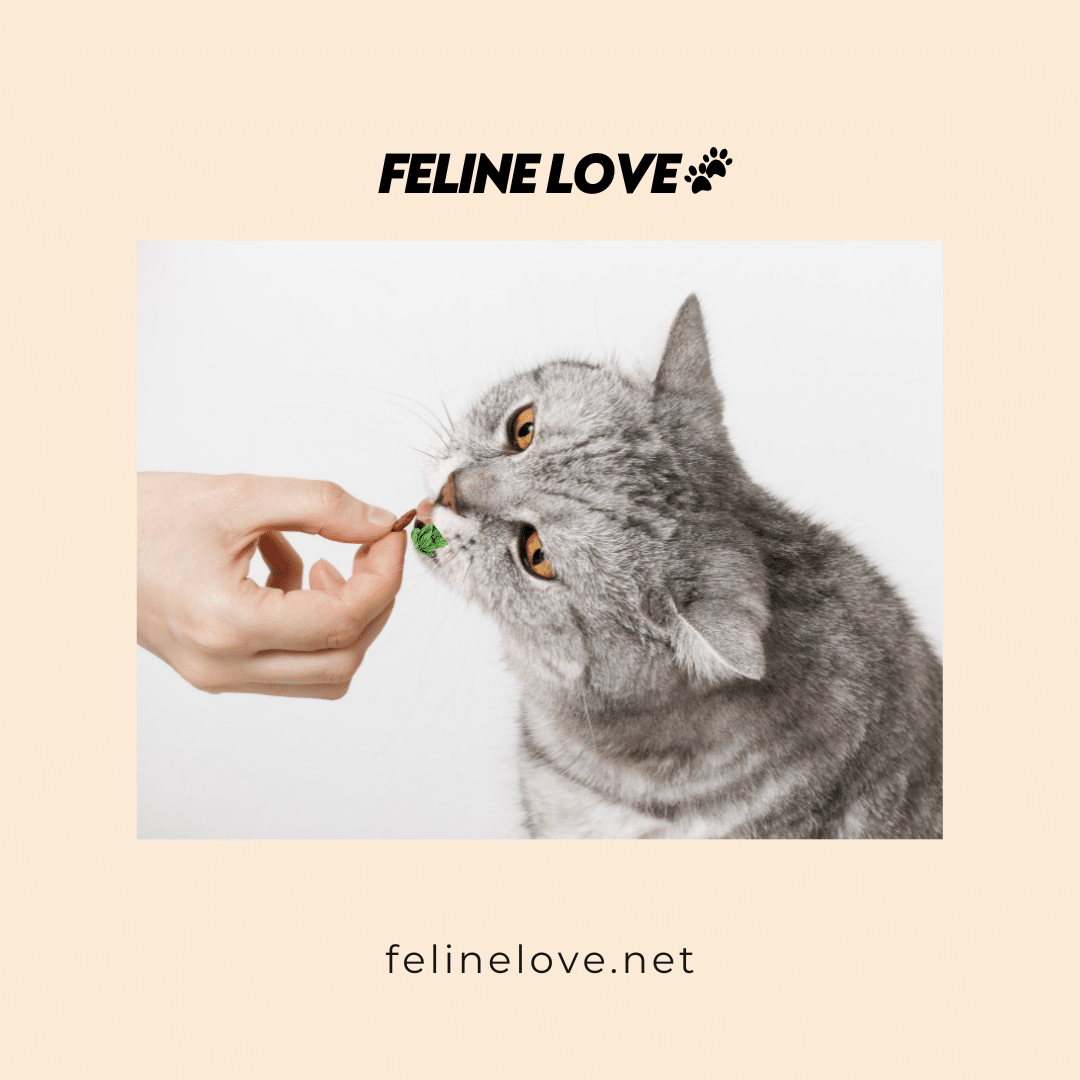
Now that we’ve discussed the benefits and risks, it’s time to weigh the pros and cons of adding spinach to your cat’s diet. Here’s a balanced view on whether spinach is good for cats.
- Spinach can provide beneficial nutrients when fed in small amounts.
- Cats to eat spinach should always have a diet focused on high-quality commercial cat food for balanced nutrition.
- Cats with urinary tract concerns should avoid spinach due to the risk of calcium oxalate buildup.
Final Thoughts
So, can cats eat spinach? The answer is yes—but with caution. As a leafy green, spinach can offer health benefits when served in moderation. However, always consider your cat’s individual health needs, consult your vet, and prioritize a balanced diet over treats. By following these guidelines, you can make informed decisions about feeding your cat spinach.

